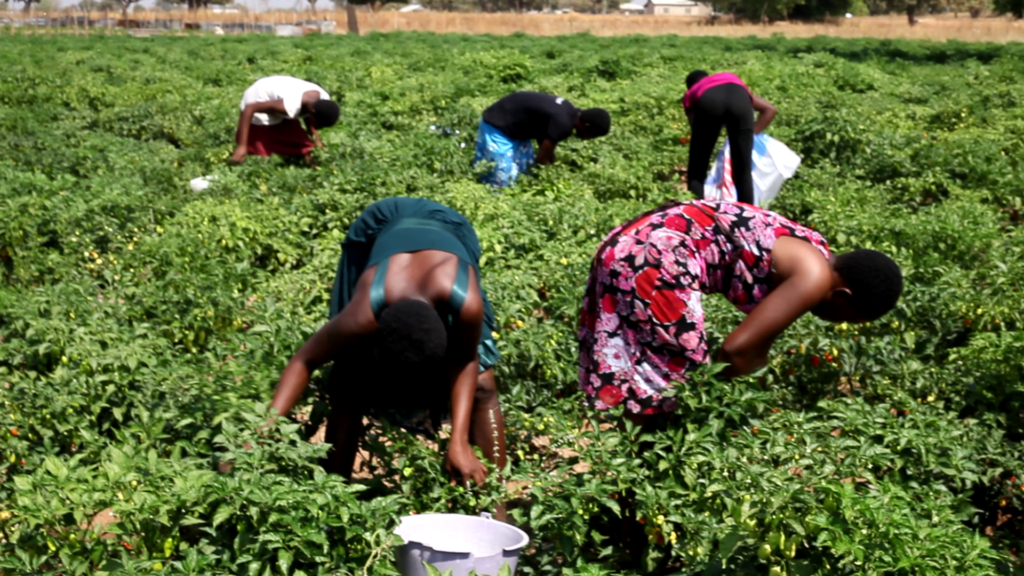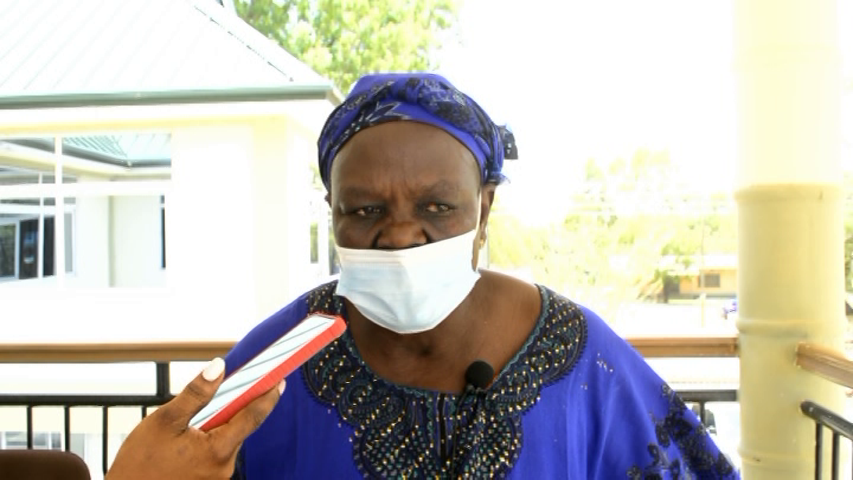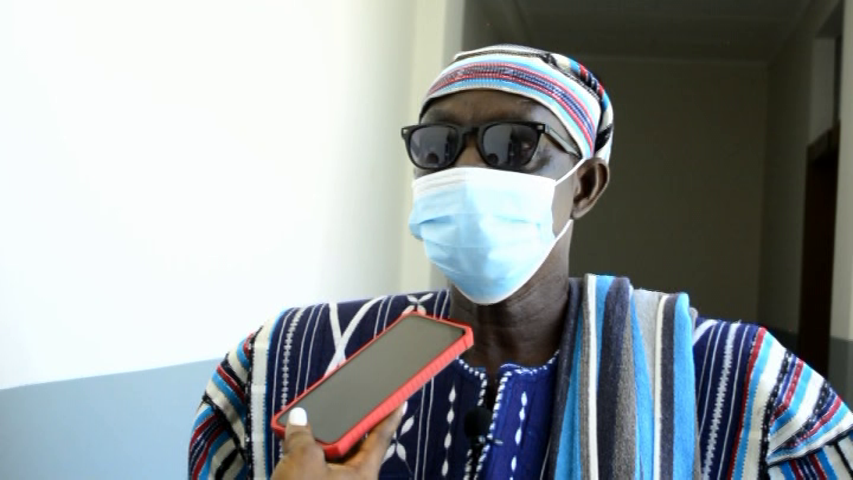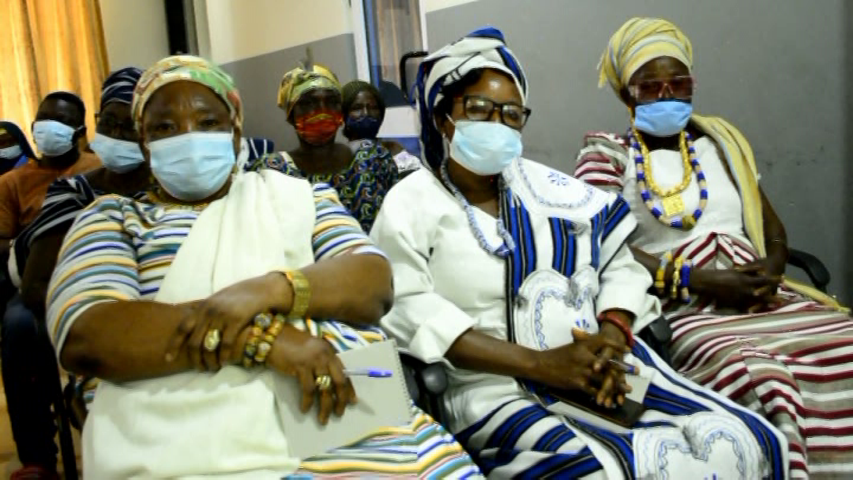A customary practice in the Upper East Region, where women cannot own lands and are not qualified to inherit lands, could threaten the region's food security since women constitute a greater portion of the region’s farming population.
This, is according to the Upper East Civil Society Organisations (CSOs) in Agriculture Platform, who are advocating for this customary practice to be abolished.
In parts of the Region, customs bar women from owning lands within their traditional family settings.

A man who has both male and female children, therefore, is expected to share any lands that he owns, only among his male children.
If the man has no male children, the land automatically becomes the extended family's property upon his demise. It is then shared among the man’s brothers or his nephews.
At a recent agriculture forum, the Upper East Regional Secretary for the Women in Agriculture Platform [WAP], Gilberta Akuka, spoke about how the customary practice affects women.
“It is a big challenge for women to access arable land for farming. This is because, I think, the men feel we are competing with them and also because of our cultural background where women cannot own land. So, they don’t want to give us a land that we can produce on and get good yields,” she said.

This customary practice implies that some women cannot freely participate in farming if they want to unless they are allocated arable lands by the very persons who may have inherited their husband’s lands.
Paramount Chief of the Bongo Traditional Area, Naba Baba Salifu Lemyaarum, says the custom exists. However, he believes that it needs to change.
“There is the need to support women because they are the bread winners of the families and homes [in the Ghanaian traditional setting]” he said.
He indicated that he had taken a personal initiative to give out lands to women in his area interested in farming.

“In Bongo, we have a vast land in the eastern part of the district so that was where I gave out lands for the women to do their farming activities.
"I think that there is the need for traditional rulers to support women in this direction and I am appealing to my colleagues to do this in their various areas”, Naba Lemyaarum said.
The Upper East Civil Society Organizations in Agriculture Platform, is an umbrella of CSOs and Private Sector Actors in the agriculture sector.
They believe that the customary practice has to be abolished because it is a threat to food security – the reason they decided to organize the forum.

The one–day forum brought together traditional leaders, the Women in Agriculture Platform, CSOs, and the media to deliberate on finding lasting solutions to women's access to farmlands and other farming incentives.
The Upper East Regional Chairman of the CSOs in Agriculture Platform, Simon Amoah, believes that the agriculture sector in Ghana would suffer without the contribution of women farmers.
He, therefore, advocates for more support for women in terms of land ownership.
“In Ghana, 52 per cent of the farmers are women, and they produce 70 to 80 per cent of the food we consume, so without them, the agriculture sector, particularly in the Upper East Region, will suffer”, he said.

Simon Amoah appealed to traditional authorities to lead the way towards changing the old customary practice, to allow women to get access to arable lands.
The consensus after the forum was that this customary practice needs to change or be abolished entirely. The problem is; it could take a long time.
Latest Stories
-
DAMC, Free Food Company, to distribute 10,000 packs of food to street kids
49 minutes -
Kwame Boafo Akuffo: Court ruling on re-collation flawed
1 hour -
Samuel Yaw Adusei: The strategist behind NDC’s electoral security in Ashanti region
1 hour -
I’m confident posterity will judge my performance well – Akufo-Addo
1 hour -
Syria’s minorities seek security as country charts new future
2 hours -
Prof. Nana Aba Appiah Amfo re-appointed as Vice-Chancellor of the University of Ghana
2 hours -
German police probe market attack security and warnings
2 hours -
Grief and anger in Magdeburg after Christmas market attack
2 hours -
Baltasar Coin becomes first Ghanaian meme coin to hit DEX Screener at $100K market cap
3 hours -
EC blames re-collation of disputed results on widespread lawlessness by party supporters
3 hours -
Top 20 Ghanaian songs released in 2024
4 hours -
Beating Messi’s Inter Miami to MLS Cup feels amazing – Joseph Paintsil
4 hours -
NDC administration will reverse all ‘last-minute’ gov’t employee promotions – Asiedu Nketiah
4 hours -
Kudus sights ‘authority and kingship’ for elephant stool celebration
4 hours -
We’ll embrace cutting-edge technologies to address emerging healthcare needs – Prof. Antwi-Kusi
5 hours

